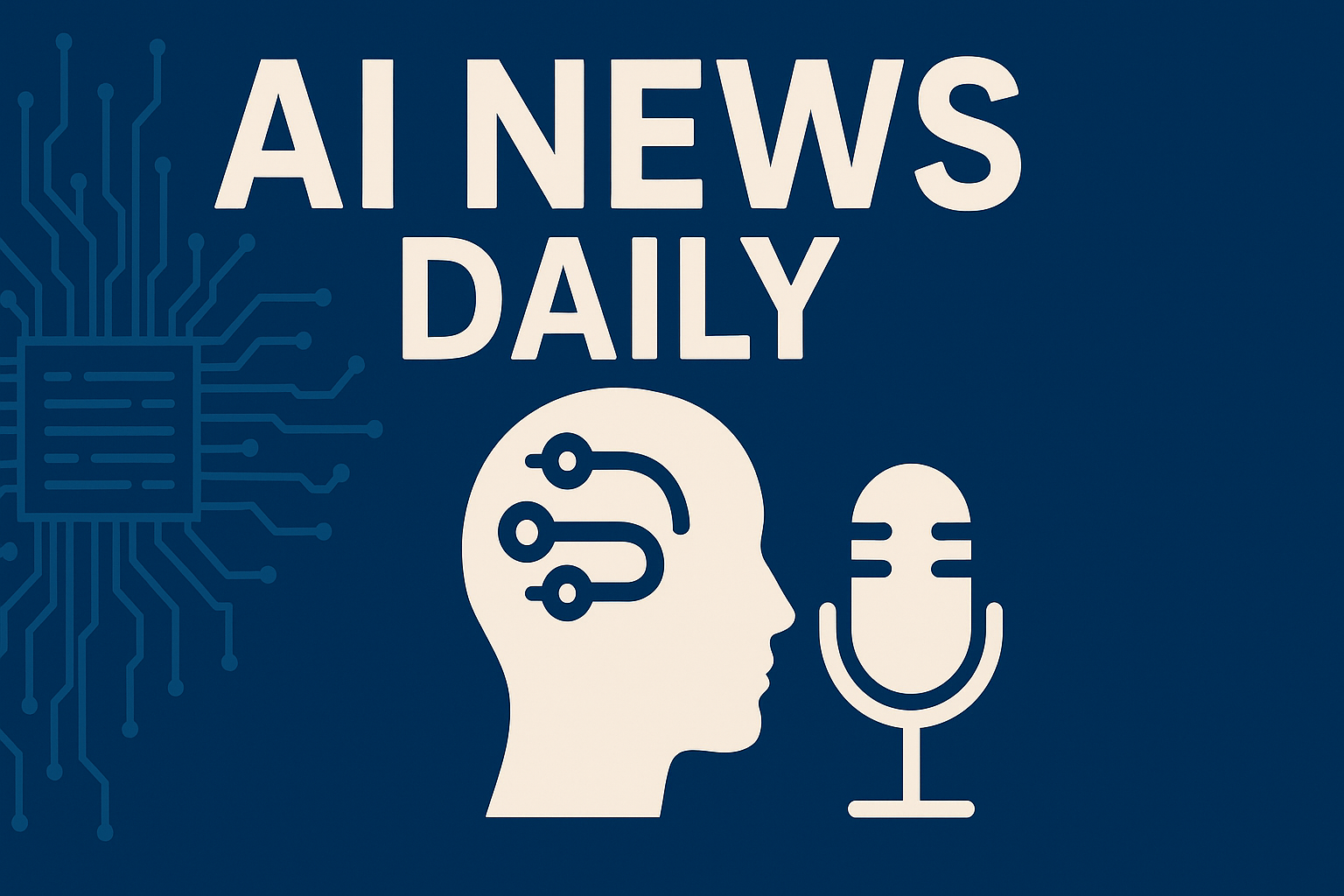Title: Global AI Advances: OpenAI Expands in Europe, Meta and Google Drive Consumer Growth, Anthropic Leads Enterprise AI
Content:
OpenAI has announced the construction of “Stargate Norway,” a $1 billion, renewable-powered AI supercluster in partnership with Nscale and Aker ASA. Set to open by 2026 and powered by 100,000 NVIDIA GPUs, the Norway data center marks OpenAI’s first European hub, promising sustainable infrastructure and surplus compute capacity for regional innovators. The announcement coincides with soaring global demand for AI services—OpenAI has reported $12 billion in annualized revenue and surpassed 700 million weekly users for ChatGPT, fueled by rapid enterprise adoption and innovations like Study Mode, which transforms the chatbot into a dynamic tutor for students.
While OpenAI cements its leadership in consumer AI tools, Anthropic has overtaken it in enterprise large language model adoption, claiming 32% of the business market and 42% of the AI coding tools segment according to Menlo Ventures. Meanwhile, GitHub Copilot has hit 20 million users as developers rapidly embrace AI-assisted coding, even as security concerns persist; nearly half of all code generated by large language models contains significant vulnerabilities, highlighting the urgent need for improved secure AI practices.
Meta has also seen record user and revenue growth due to AI-powered enhancements across Facebook, Instagram, and Threads, with daily users now reaching 3.4 billion and quarterly revenue up 22% to $47.5 billion. CEO Mark Zuckerberg credits advanced AI-driven algorithms both for the surge in digital advertising and for the popularity of Meta’s latest smart glasses, which he predicts will become essential tech interfaces amid growing cognitive divides. Meta is investing heavily in its Prometheus AI project, aiming to rival OpenAI and Google in 2025, and positioning itself at the forefront of AI monetization strategies.
Google is intensifying its AI efforts by appointing an architect to embed its Gemini multimodal AI across all major products, while introducing Opal, a public beta tool enabling users to create no-code AI mini-apps through natural language. Google Search now features advanced AI tools for smarter, more personalized learning, and the company is rolling out AI-driven age verification worldwide to better protect minors—although new privacy debates and risks of misidentification have emerged.
Elsewhere, Amazon Web Services has launched Kiro, a new IDE to fast-track AI app development with automated technical design and Visual Studio Code compatibility. Hugging Face unveiled Reachy Mini, an open-source desktop robot for developers, and NVIDIA’s Langflow now empowers users to build powerful local AI agents directly on RTX PCs. In India, Jio’s launch of a virtual desktop and the Code GPT AI coding tool marks a leap in remote computing and software innovation.
AI is reshaping healthcare and work: tools like CRISPR-GPT accelerate gene editing, AI-driven assistants streamline doctor visits, and real-world data is enhancing clinical trial recruitment and patient outcomes. The FDA has granted Breakthrough Device designation to an AI-powered healthcare risk assessment tool, while Apple, Google, and OpenAI partner with providers to securely standardize medical data sharing.
Despite these forward strides, cybersecurity and privacy threats are rising. The emergence of “Man-in-the-Prompt” attacks exposes billions of AI tool users to data theft, while unauthorized “shadow AI” increases average breach costs by $670,000 as companies struggle with governance. A Microsoft study warns 40 jobs are at high risk of AI-driven replacement, underscoring the need for adaptability and upskilling.
In the enterprise sphere, CoreWeave secured $2.6 billion to expand its cloud AI infrastructure for OpenAI. Anaconda raised $150 million to further open-source AI tooling. Mexico is partnering with Nvidia to develop a national language model as part of a broader digital transformation strategy.
Other notable developments include Paycom’s launch of real-time workforce AI tools, Chipotle’s AI recruiter slashing hiring time by 75%, and Fable’s Showrunner app enabling users to create personalized AI-generated TV content. As AI becomes more intertwined with daily life, a balance between innovation, security, and human preference remains essential—studies show 81% of consumers still favor human support, suggesting the transition to fully automated services may be slower than some predict.
